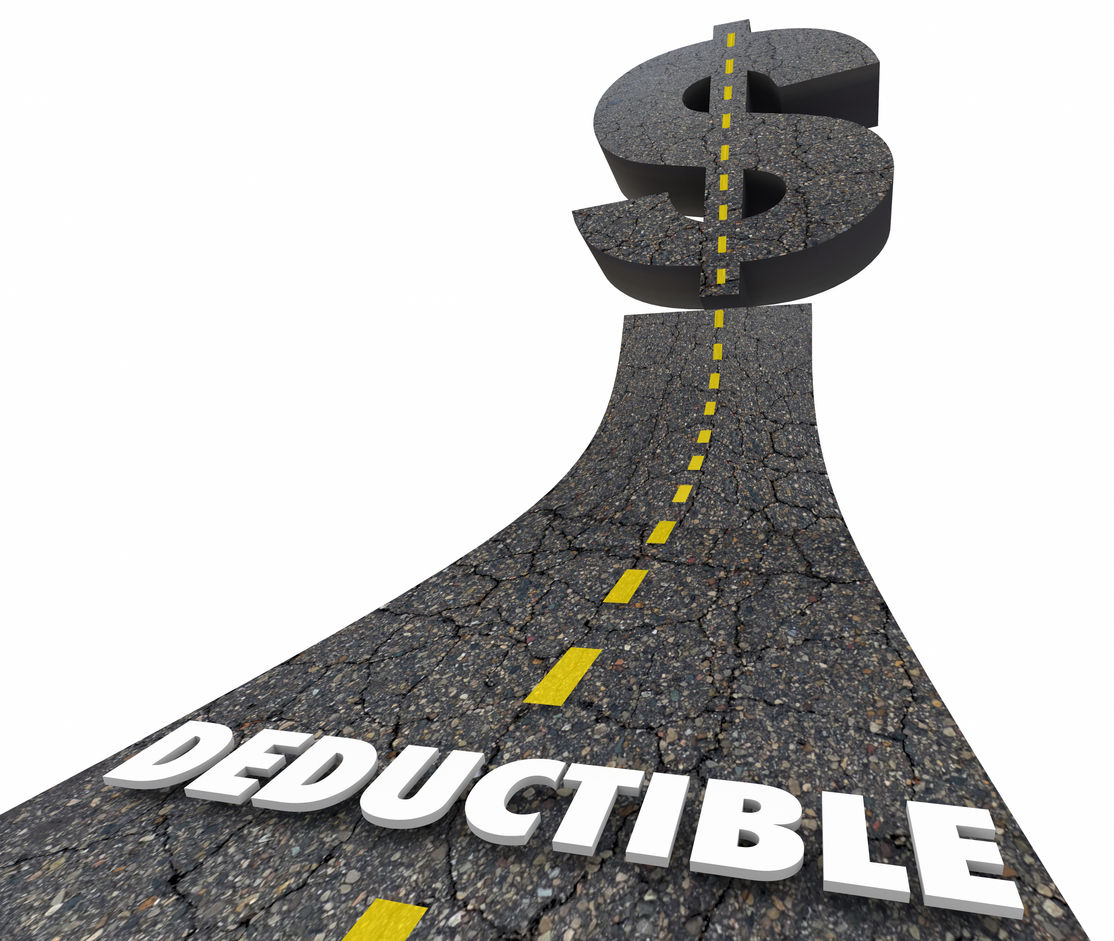When choosing your homeowners insurance deductible, find a balance that makes sense for your budget and for the amount of property you can safely pay to replace out of pocket.
Most home insurance companies offer deductibles of $1,000 and up, and many offer smaller deductibles of $500 and even $250. Companies rarely offer no-deductible policies, but when they do, the policies are more expensive.
It’s generally a good idea to select a homeowners insurance deductible of at least $1,000.
While this means that you’d have to pay $1,000 to file a claim, having a higher homeowners insurance deductible reduces your rates — often by a significant amount.
A few points to consider when contemplating what deductible you should go with:
- Understand what a deductible is: A deductible is the amount you agree to pay out of pocket before your insurance coverage kicks in. It’s essential to know the deductible amount and how it affects your policy.
- Choose a deductible you can afford: Select a deductible that aligns with your financial situation. A higher deductible often means lower premiums, but it also means you’ll have to pay more in case of a claim.
- Compare deductible options: Different insurance policies offer various deductible amounts. Compare the options available to find the one that suits your needs best.
- Consider your risk tolerance: If you’re comfortable taking on more risk to save on premiums, opt for a higher deductible. If you prefer more predictable costs, choose a lower deductible.
- Emergency fund: Have an emergency fund in place to cover unexpected expenses like deductibles, so you’re financially prepared in case of a claim.
- Separate deductibles for different coverages: Some policies have separate deductibles for different types of claims (e.g., home insurance might have separate deductibles for wind damage and water damage). Be aware of these distinctions.
- Annual deductible vs. per-incident deductible: Understand whether your policy has an annual deductible or per-incident deductible, as it can affect how much you pay out of pocket.
- Reevaluate periodically: As your financial situation changes, you may want to reassess your deductible and adjust it accordingly.
Remember, insurance policies can vary, so it’s always a good idea to review the terms and conditions of your specific policy and consult with an insurance professional if needed.






Leave A Comment